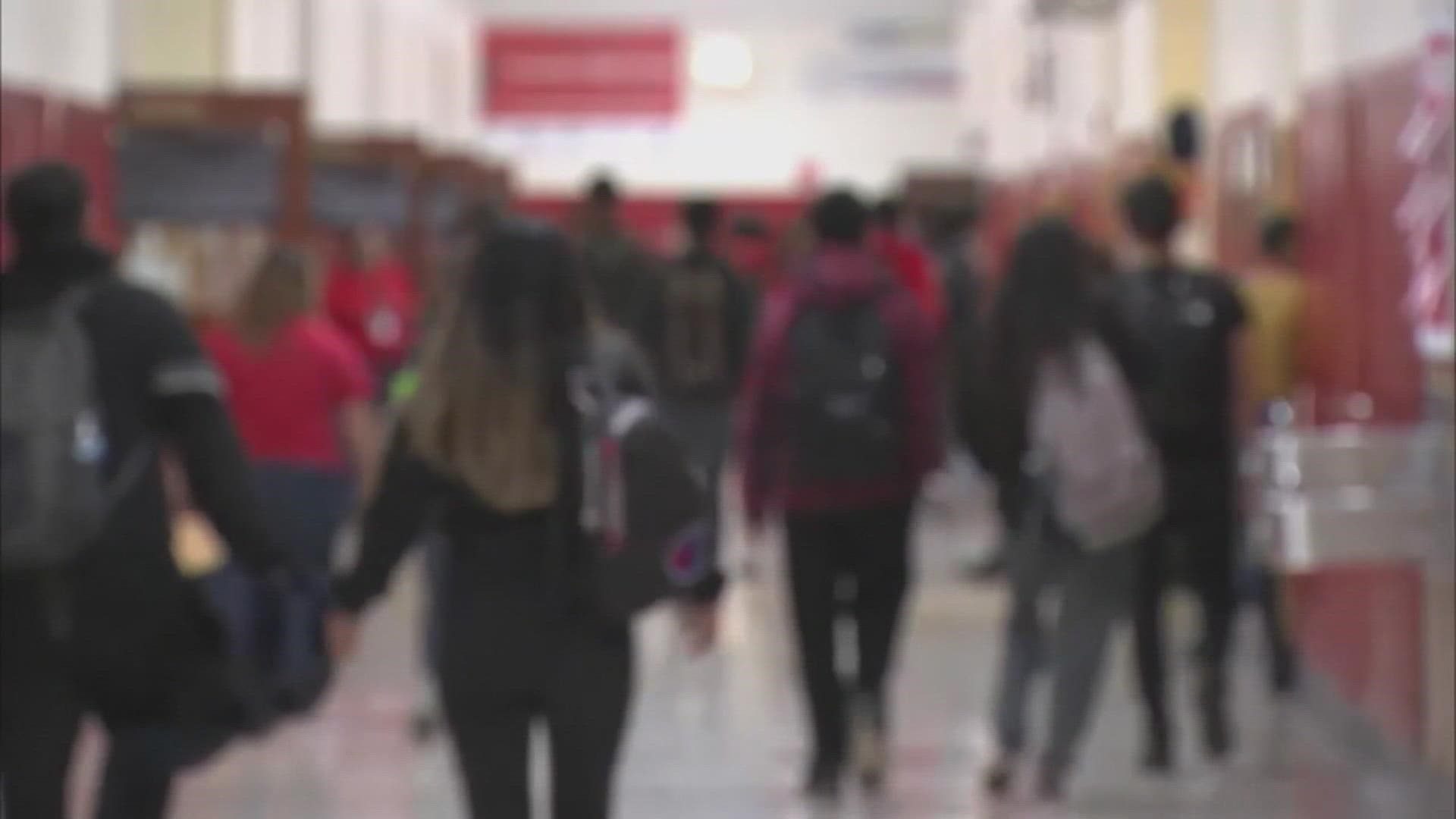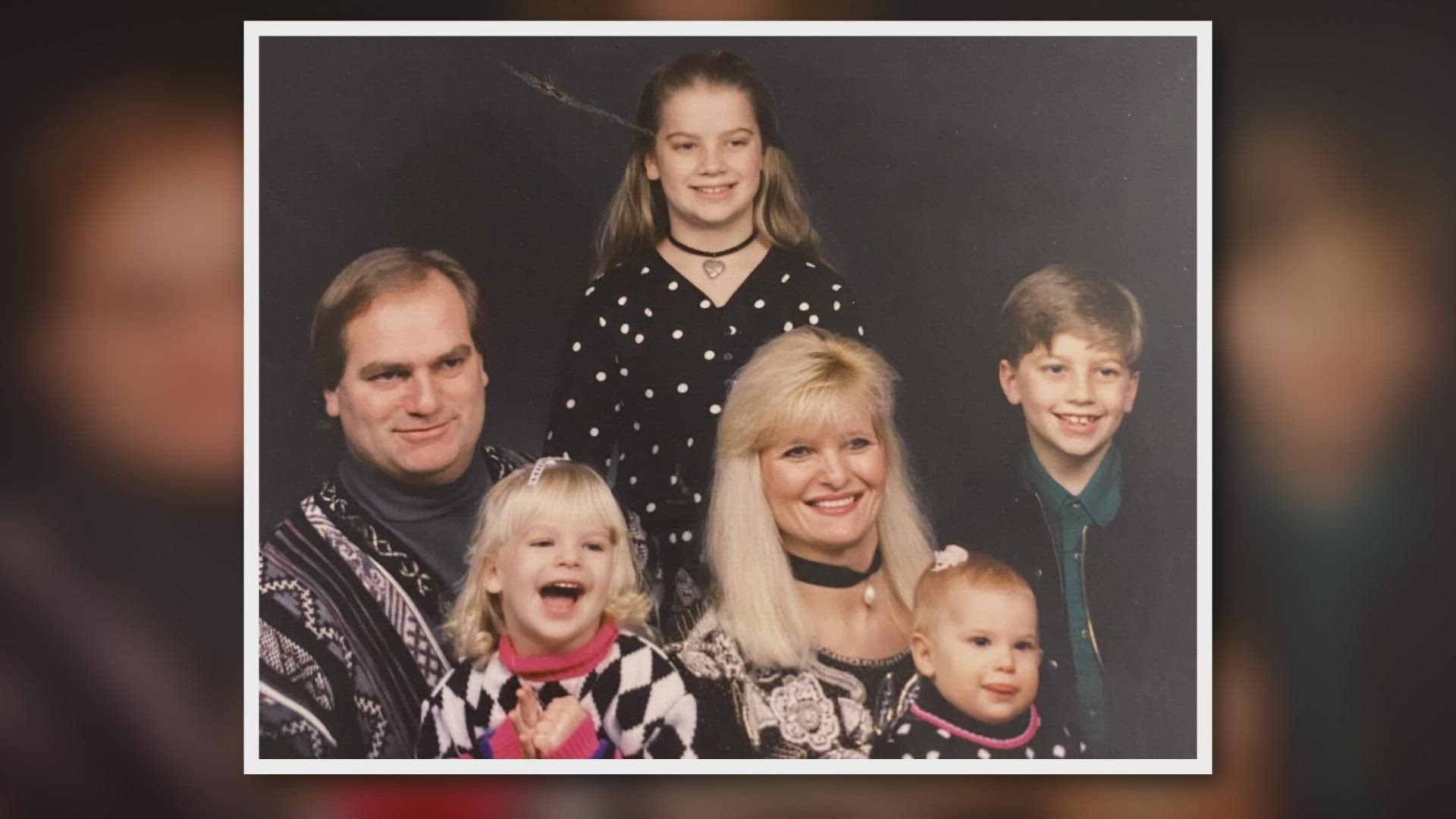GRAND RAPIDS, Mich. — Isolation, loss, uncertainty and financial strain are just some of the problems that have been burdening people's minds since the onset of the COVID-19 pandemic. All of those things and more have led to a rise in mental health issues that providers have been trying to help heal.
"It's an incredible tragedy," said Bob Nykamp, the vice president and chief operating officer of Pine Rest Christian Mental Health Sevices.
In particular, Nykamp is worried about children and teenagers. The organization saw a 151% increase in acute psychiatric patients of those age group that they had to turn away from 2020 to 2021.
"It's something that we're very concerned about, and something that we're active to try and continue to find solutions for our community," Nykamp said.
One of those solutions is for Pine Rest to expand. The organization agreed to take 40 beds from the state earlier in the pandemic so they could take care of psychiatric patients who also had COVID-19. Now, Pine Rest wants to keep those beds, but they are only available on a temporary basis.
Leaders from the Michigan Department of Health and Human Services say that after three years, Pine Rest will need to reapply to keep them.
"It's not good for the community. It's certainly not good for the people who donate to Pine Rest, to use funds for something for such a short period of time," Nykamp said.
"In three years, they could take the beds away, and all that investment is basically gone. So that's the situation we're in today."
As they look for a more permanent expansion solution, Pine Rest will soon announce a major investment they hope will help them recruit new staff members and keep the staff members they already have.
State leaders also share Nykamp's concern about mental health and children. Lieutenant Governor Garlin Gilchrist, a father of twin third graders, sees what a great effect this pandemic has had on young people.
"They've been really stressed out," he said. "They're seeing all these these really challenging things on television and people not knowing what's happening, and it's scary."
Gilchrist says Michigan's mental health support and services infrastructure has been "gutted over the last 30 years," and that a generation of Michiganders have been "underserved by the system."
"That's why, as part of a proposal that we put forward of using American Rescue Plan dollars to make a $1.4 billion investment in our public health infrastructure. A lot of that included deeply indirectly investing and mental health support services," he said.
The most recent state budget includes money for schools to hire counselors, social workers, psychologists and nurses.
The Michigan Department of Health and Human Services sent a statement to 13 ON YOUR SIDE that details their plans to help organizations like Pine Rest and the people they serve.
"MDHHS is prioritizing efforts to improve access to intense home- and community-based behavioral health services for children and their families. This includes a priority focus to expand mobile crisis intervention and stabilization services to prevent hospitalizations, emergency room visits or other residential placements," said public information officer Bob Wheaton.
"The capacity of community hospitals to provide inpatient psychiatric care is dependent on the availability of beds, but a bed can only be available if it is adequately staffed – and the COVID-19 pandemic has impacted available staff at community-based hospitals. The department is working to address those staffing issues."
Back at Pine Rest, Nykamp is urging parents to do their part in making sure their children have the support they need, and that starts with talking to them about their mental health.
"Mental health has to be a normal subject talked about in our homes," he said.
"Parents have to be open to talk about the the mental health of their children. Parents should be talking about their own mental health with their children, because it affects adults, especially with COVID isolation, and financial stress, and all the things that parents are going through right now as well. It's important to have those open conversations and model that behavior for their kids."
►Make it easy to keep up to date with more stories like this. Download the 13 ON YOUR SIDE app now.
Have a news tip? Email news@13onyourside.com, visit our Facebook page or Twitter. Subscribe to our YouTube channel.


